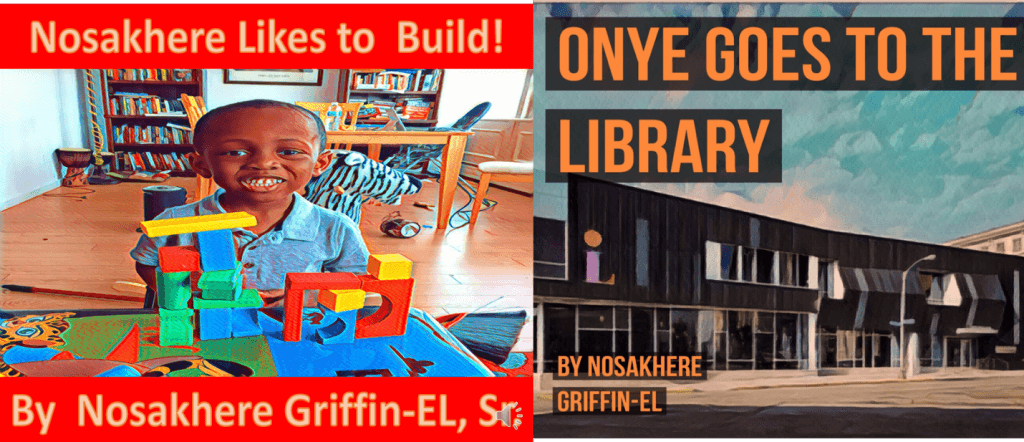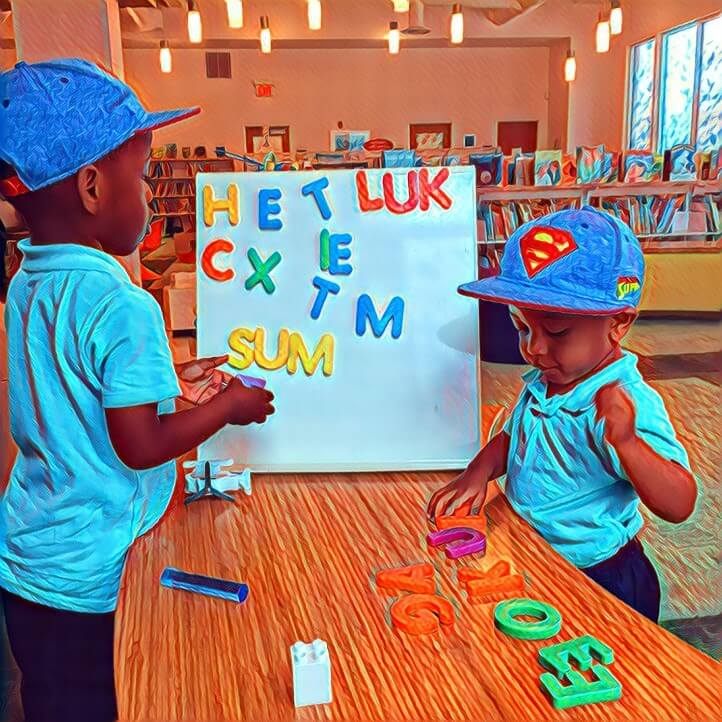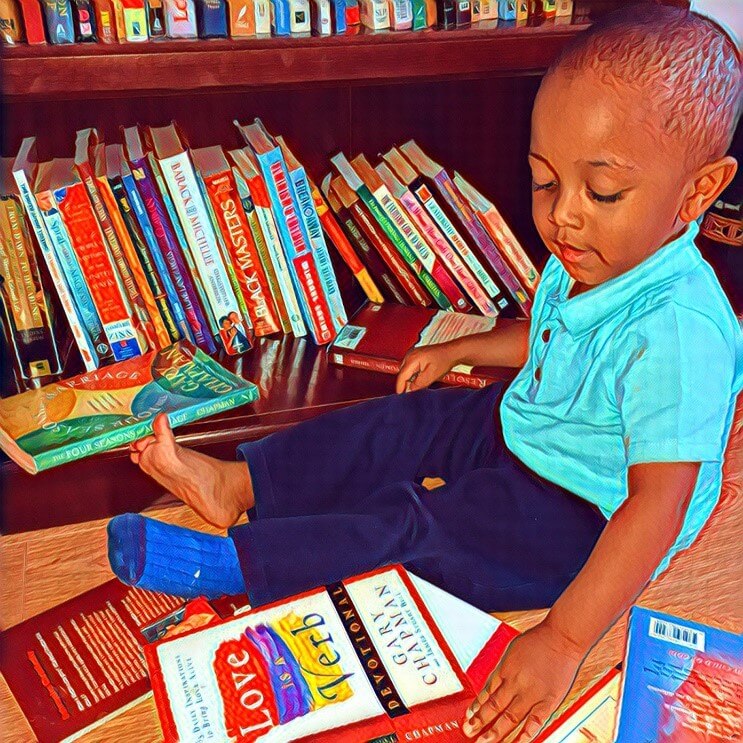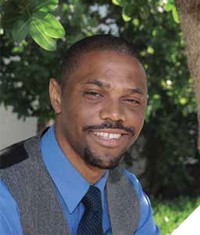“Remember that you are the windows through which your children see this world. Take notice of yourself and the things that you do in hopes that your example will stir their hearts and souls!” –Rayfield Wright

As fathers we are the windows through which our children see their dreams. When our children look through us, they see the possibility of accomplishing their dreams or overcoming the insurmountable odds that discourage them from dreaming. Looking through us, our children can decide to either pursue or give up on their purpose. As men who have lived life, we know that the world is a graveyard of lost and forgotten dreams. Our role as fathers is to support our children in developing the necessary skills needed to develop and advance their dreams.
In the summer of 2017, I pitched an idea to my wife to create a summer reading program for the boys. The idea was centered on using reading as a tool to prepare my sons to develop and advancing their passions and interests. My wife, who is an analytical thinker, asked me the key question, “How are you going to execute this idea?” I developed an action plan that made this idea a reality. The plan had four pillars—reading identity, home reading culture, selection of books, and modeling good reading habits.

The first pillar is reading identity. Reading can be a difficult process for kids and can discourage them from seeing themselves as readers. At times my oldest son struggled with lessons. He would make disparaging comments about himself and reading. Again, I had to remember that I am a window through which he sees himself as a reader and dreamer. So, I had to encourage him with my words and actions. I wrote and designed books using free software, which we viewed off our smart tv. When my oldest son saw himself in the books, he began viewing himself as a reader. The development of this identity transformed into his desire to put the effort to learn to read, which meant creating a strong reading culture to support that identity.

The second pillar is creating a reading culture. Last summer my sons and I took bi-weekly trips to our neighborhood library, the Carnegie Library of Pittsburgh in East Liberty. The library served as a place where they could play with other children and learn. When the boys engaged in activities, I searched the library for books. My formula was to read 5 books to them a day and 25 books for the week. We read in the morning, before nap, and after dinner time. If we were on the bus, then I had a book ready to read. As their father, I established the reading culture in order to inspire them to develop the agency as readers. By the end of the summer, my sons had been exposed to over 400 books. Exposing them to these many books meant they had been introduced to tens of thousands of words and concepts necessary to their development. Our reading culture was focused on consistency and connection with spaces that reinforced reading like the library. It is important to note that the choice of books is essential to the development of this reading culture.
The third pillar is the selection of books. When I selected books for my sons, I considered four areas of holistic development. During our bi-weekly visits, I selected books about famous leaders, socio-emotional development, creativity, imagination, health, science, civic engagement, and whatever they were interested in. When I read these books to them, I asked them questions to help them in comprehending the morals and lessons within the books. Selecting books, which focused on their holistic development, was great, but I soon realized that the most important selection occurred when my sons picked books that they were interested in. Picking books which they were interested in made reading time easy. Most times, when I read a book they selected, they asked that I read it over and over again. When we as fathers read books that support their holistic development, we prepare them to pursue and accomplish their dreams.

The fourth pillar is modeling positive reading habits. As fathers, we have to read too. Our children have to see us reading books that contribute to our holistic development and advance our dreams. When we read for the sake of becoming better men, our children see the transformative power of reading to advance their dreams. In the early days of parenthood, my wife and I spent significant time reading. We read not knowing that our sons were watching us. They were learning how to hold the books and how to turn the pages. A year ago, we moved into a new apartment and bought new bookshelves, which I used to thematically organize my books. My youngest son would randomly take the books off the bookshelf. In the beginning, this drove me crazy! One day I was in the library reading one of the pamphlets as the boys played. The pamphlet encouraged parents to read in front of their kids, so they could see it as a normal occurrence. My youngest son continued to pull books off shelves and to turn pages. However, it did not drive me crazy anymore. I realized that he was simply modelling what he saw his mother and I doing. As fathers we have to preach and practice reading in our own lives.
In conclusion, the role of father is very important for our children to develop their dreams through reading. As fathers we have to create processes that are based on the needs of our children. In addition to supporting our biological children, we have to also support the children in our respective communities. We have to be windows to those children who need someone to believe in them and in their ability to accomplish their dreams too.
– Dr. Nosakhere Griffin-EL, Ph.D.
Dr. Nosakhere Griffin-EL is a graduate from University of Pittsburgh’s School of Education with a Ph.D. in Social and Comparative Analysis in Education. After graduating from the University of Pittsburgh, Dr. Griffin-EL worked as a youth leadership trainer for Pittsburgh Public Schools and lecturer at the University of Cape Town’s Graduate School of Business in Cape Town, South Africa. He is currently the founder of The Young Dreamers Book Club, which organizes story time events, creates educational content, and supports parents, community organizations, and educational institutions in selecting books that meet children’s holistic needs.


